
Most old industry hands contend that such tuning is also required in respect of the higher skill of absorbing learning from the same experiences and observation. Just to have been in a lecture, or have experienced an event, doesn’t necessarily mean that one has successfully or fulsomely absorbed the information imparted.
You will hear many say, in an around about way, that gaining actual experience in the field should always come before attempting to fully absorb theoretical learning (or cut & pastes). If you are properly educated, many contend that you should enter the workplace ready to learn – rather than consider yourself learned – and you must be ready to either re-learn, or reabsorb in a different light, what you have learned before.
And speaking of “experience” here, we don’t mean that gained by doing menial process work in a militaristic or Taylorist fashion. We mean having been included at some level in a responsibility chain, in respect of the conduct of an aligned business. And more importantly, one usually must have personally sufficiently “bought in” to the situation (have felt they had something at stake), even if it is a collective organisational, or industry experience, that is being observed at close-hand.
It seems to us also, that the whole idea put forward by those that apply the prevalent American liberal management theory “that one might fail their way to the top of an industry” – has rather less to do with learning about risk, and absorbing experience – and rather more to do with creating a tidal wave of personal obligations directed solely to your superiors - and hence may be limiting in respect of your field of vision of the experience of others.
And so, when we gained the impression, that in seeking to build a large, broadly based, and accumulative-growth oriented merchandise transport & logistics business, that one might seek to avoid serving sectors like the soft furnishing market; or the low-value perishables sectors, among others; the same was derived rather more from peripheral experiences - where one was able to observe, and absorb - from the learning experiences of others, rather than having to fail our way through them personally.
So too, if one seeks to process “factoids” that might otherwise may be quickly grabbed from this blog, we would encourage our readers to look closely at any qualifying statements we make in respect of solutions we have analysed. If we were to have contended that a strategy, or concept, is usually not appropriate – we certainly do not mean that it is never appropriate. In fact, for a logistician, often when you find such an exception - it can be gold.


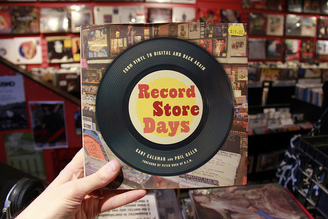


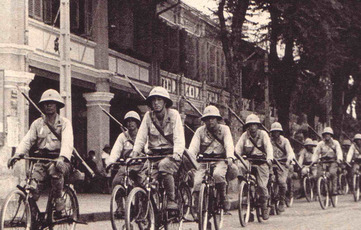

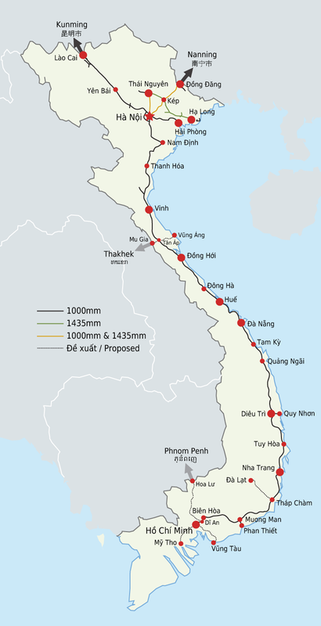

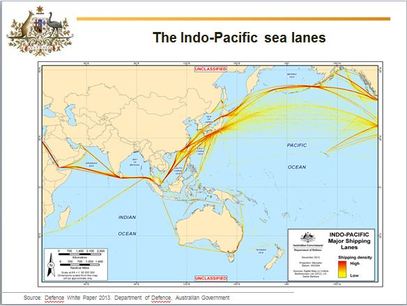
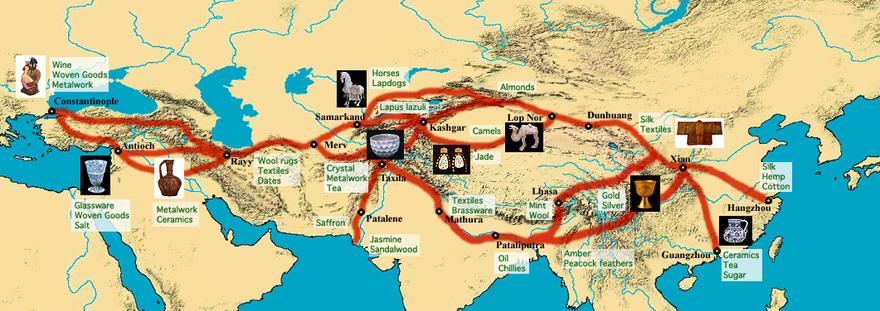
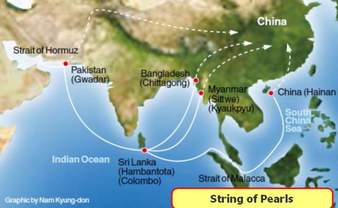
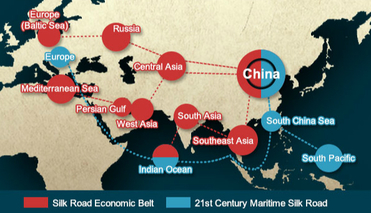




 RSS Feed
RSS Feed